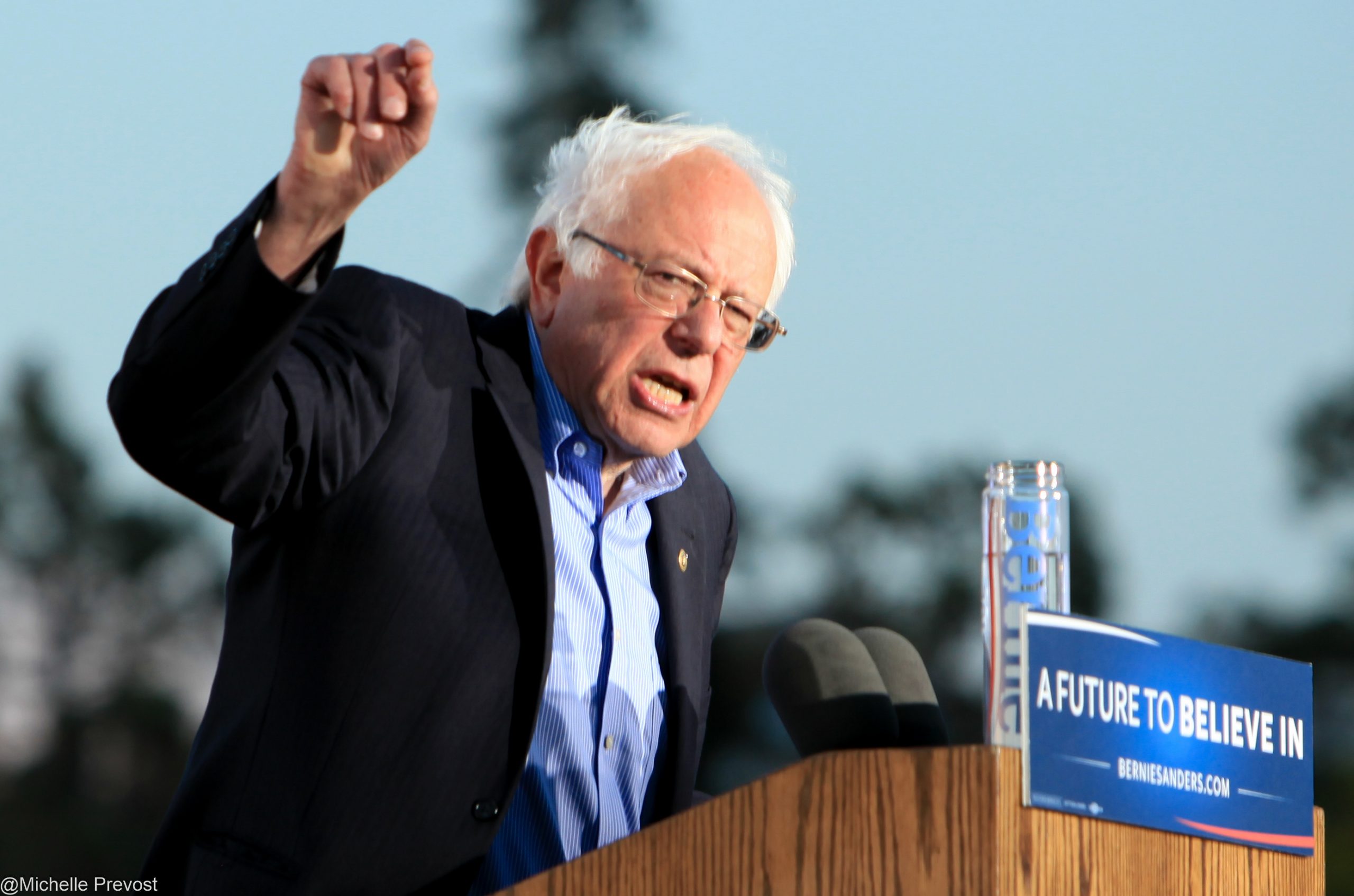
Following the death of George Floyd by Minneapolis police, protests are sweeping the nation, pressuring national leaders and lawmakers into conversation around racial injustice and police reform.
Amongst the array of much-needed reforms is the criminalization of cannabis that continues to disproportionately affect communities of color.
U.S. Senators Cory Booker, D-NY, and Bernie Sanders, D-VT, agree that legal cannabis could play a significant role in righting the wrongs of perpetual racial injustices.
Racial Disparity in Arrests
According to a 2020 analysis by the American Civil Liberties Union (ACLU), Black people are 3.64 times more likely than white people to be arrested for cannabis possessions, while usage rates are roughly equal across races.
Further, The Last Prisoner Project reports that over 15.7 million people have been arrested for cannabis offenses over the last decade.
“I’m All for [Cannabis] Legalization…”
In a virtual town hall meeting streamed live on June 10th, Booker said he and Sanders have consistent conversations regarding cannabis justice and the War on Drugs’ influence on oppression.
“I’m all for [cannabis] legalization, Booker stated. “I came to the Senate speaking about legalization. But to say that in the same breath and not to include expunging records, reinvesting profits into communities that have been economically devastated by the drug war, you’re not talking about justice if you suddenly say, ‘Okay, everybody started in the same field. Go ahead.”
“All these big companies—pharmaceutical companies, others—are getting into the marijuana business,” he continued. “Yet Black in many states can’ even qualify for a license because they are nonviolent drug charges. All of these issues, you’re stripping people of their political power, their economic power, by over-criminalizing a population.”
Sanders Takes a Stand
During his address, Sanders noted the ways in which legalization could reduce unnecessary law enforcement and police brutality.
“In the midst of the many crises we face as a country, it is absurd that, under the federal Controlled Substances Act, marijuana is at a Schedule 1, along with killer drugs like heroin,” Sander explained. “When we talk about police department reform, we must end police officers continuing to arrest, search or jail the people in our country, predominantly people of color, for using marijuana.”
Sanders also highlighted an experiment he put to use during his presidential campaign in which he would ask crowds to “raise their hands if they or someone they knew had ever been arrested for cannabis possession.”
“I was astounded by the hands that went up,” Sanders stated. “Then if you get a criminal record, as you discussed earlier, right? You’re looking for a job and the boss says, ‘have you ever been arrested? ‘Well, yeah, I have been.’ ‘Okay, well, thank you, we’ll interview somebody else.”
Unfortunately, that is the case for many Americans without prior drug charges. In fact, according to the NY Times, 90% of those arrested for cannabis possession have no prior convictions.
Further, Insider reports that, “The average lifetime earnings of an American high school graduate is about $1.53 million. For those with a felony record, (…) we’d estimate that number decreases by a fifth, a $306,000 loss in lifetime earnings.”
Not to mention, those with drug felony convictions are prohibited from ever owning dispensaries, according to the Jobs for Felons Hub.
Collective Support for Legalization
Amid the meeting, Booker pointed out that federal legalization would be met with support from many other politicians including Senators Elizabeth Warren, D-MA, and Kamala Harris, D-CA.
Booker also touched on the ban on access to coronavirus relief programs for business owners with prior drug convictions. Specifically, Booker wants changes made to the Paycheck Protection Program Loans, which excludes businesses where the owner has 20%+ ownership of the company and:
- is in jail
- on probation
- on parole
- is under indictment
- will soon be arraigned
- pleaded guilty or no contest or was convicted of a felony in the past five years.
Watch the Town Hall meeting in its entirety below.



Leave a Reply